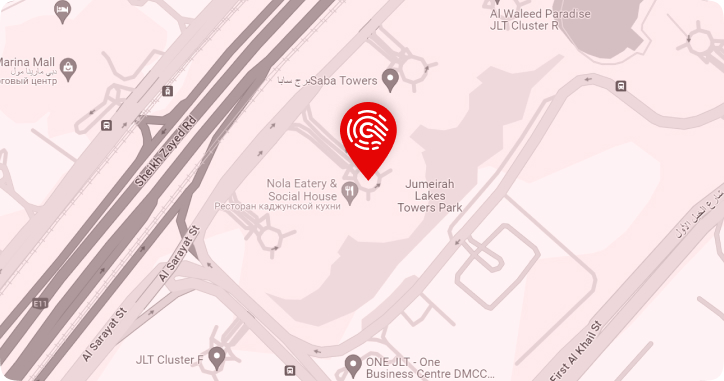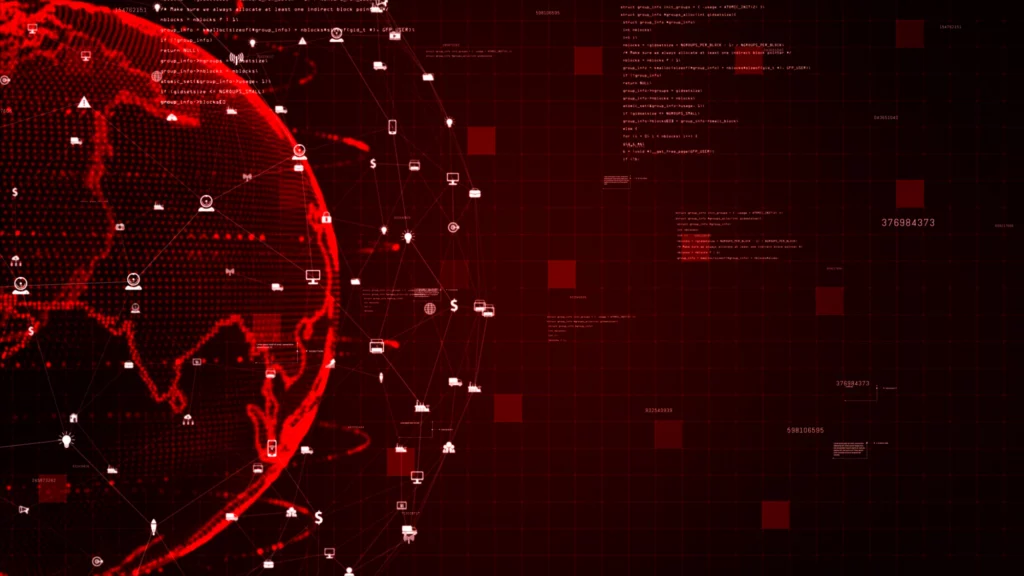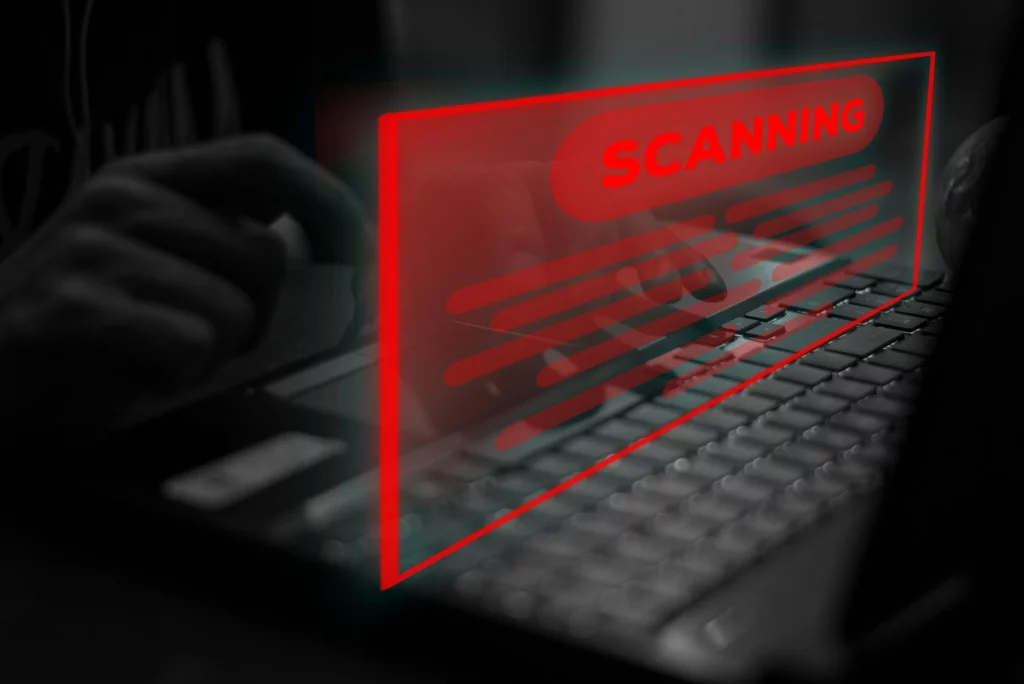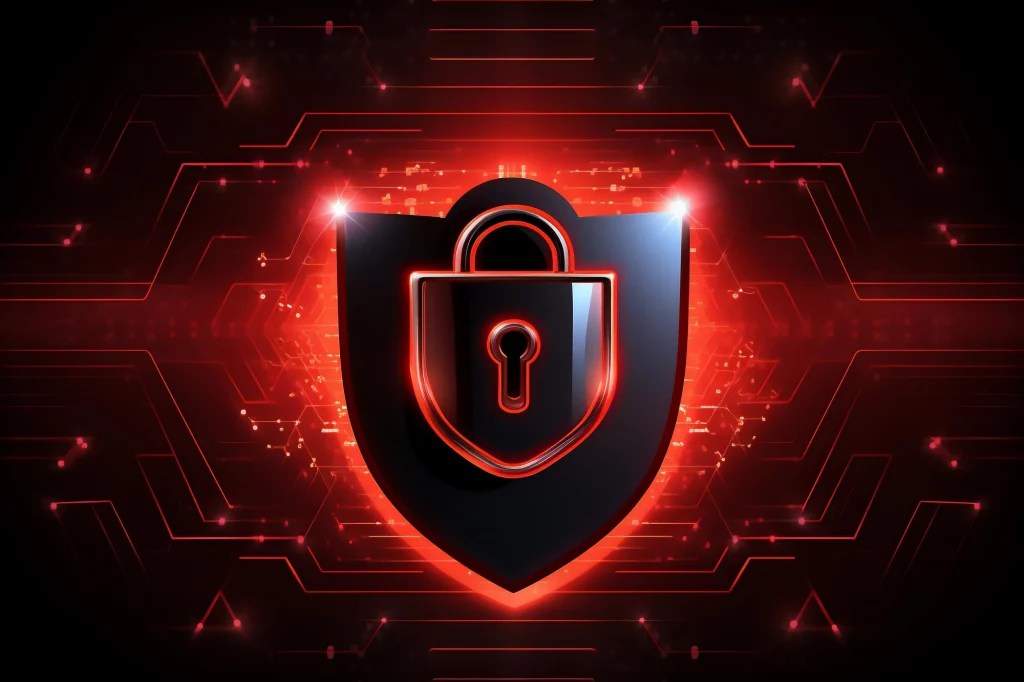Fintech

Key threats faced by fintech companies
API hacking
Unauthorized access through APIs can lead to information leaks and data manipulation.
Data theft
Leakage of clients' financial and personal information.
Payment fraud
Complex schemes for intercepting or falsifying payment transactions.
Supply chain attacks
Compromising suppliers can serve as an entry point into your security system.
Have you been hacked?
Get an immediate highly qualified help recovering and protecting your data!
Get a quoteOur Fintech solutions

Vulnerability assessment and penetration testing
Identification and remediation of vulnerabilities in your system.

Multi-factor authentication
An additional layer of protection for your data and systems.

Monitoring and incident response
Continuous monitoring of your systems for quick detection and response to threats.

Staff training
Raising awareness of cyber threats and methods for their prevention.

80% of data breaches occur due to weak or reused passwords.

55% of financial institutions have suffered from ransomware attacks in the past year.

Organizations leveraging artificial intelligence and security automation were able to detect and contain data breaches 27% faster.

Organizations with a fully deployed Zero Trust Architecture (ZTA) saved 43% on data breach costs.
We use advanced technologies and methods for your protection
Artificial intelligence and machine learning
Automating threat detection and response processes, providing adaptive protection in real-time.
Data encryption
Secure storage and transmission of data using advanced encryption methods.
Vulnerability Assessment
Identifying and assessing vulnerabilities in IT infrastructure, applications, and networks.
Secure coding
Developing and implementing software with security principles in mind at all stages of the lifecycle.
Zero Trust approach
It involves treating no connection, user, or asset as trusted until they have been verified.
Zero Trust model components

- Policy Engine (PE): makes decisions on granting access based on policy and inputs from CDM systems and services providing threat intelligence.
- Policy Administrator (PA): responsible for establishing or terminating connections based on PE decisions.
- Policy Enforcement Point (PEP): responsible for enabling, monitoring, and disconnecting connections.
Resources providing data for access decision-making
The Continuous Diagnostics and Mitigation (CDM) system informs the PE whether the access requester's corporate (or non-corporate) asset has the correct operating system, software component integrity, or any known vulnerabilities.
The Identity Management (IDM) system creates and stores user data, including names, email addresses, and certificates, and manages them. This system oversees information about users who may collaborate with the enterprise but are not part of its staff.
The Industry Compliance System (ICM) contains policy rules and monitors their adherence.
The SIEM system collects security event information that can aid in policy creation and warn of attacks.
Threat intelligence briefs: Internal or external sources provide information on new vulnerabilities, software bugs, and malware, based on which the PE makes access denial decisions.
Data access policies are rules that dictate how access privileges to data are granted. They are formulated considering an individual's role within the organization, business needs, and necessity.
Network and system activity logs provide real-time feedback, offering insights into assets, traffic, access, and other events. They enable the evaluation of recent activity and facilitate policy-based decision-making.
Public Key Infrastructure (PKI) is a system that generates and logs certificates for resources, entities, services, and applications.
Have more questions?
We will be happy to help you

Address
Office 2203
Armada Tower 2
Jumeirah Lakes Towers
Al Thanyah 5
Hadaeq Mohammed Bin Rashid
Dubai











